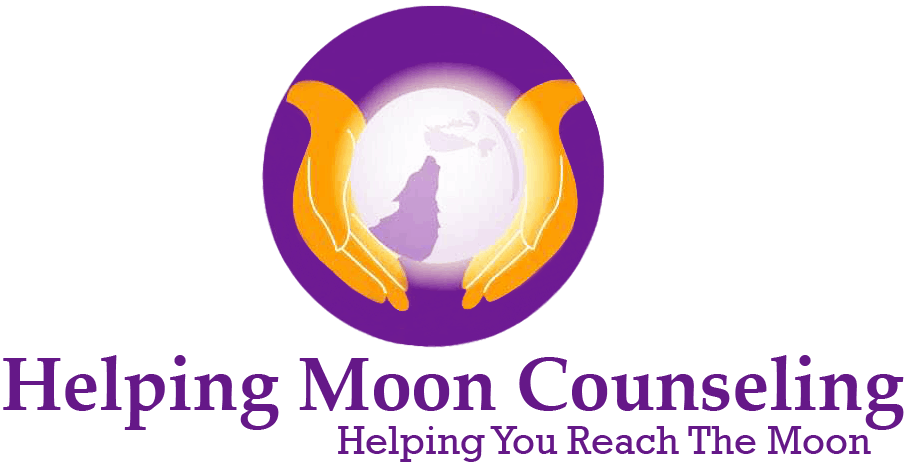3 Ways Attachment Trauma Can Cause Issues in Adult Relationship

We throw the word “attachment” around a lot in this day and age. In the therapy world, attachment is a crucial element to understanding why some of our emotional patterns are the way they are. Believe it or not, the attachments that we form with our caregivers in childhood can affect our relationships well into adulthood. In fact, this principle is the foundation of attachment theory.
As a basic explanation, each of us develops one of four general attachment styles as a result of our childhood relationships with our caregivers. Someone with caregivers who are consistently loving and supportive, is more likely to develop a secure attachment style. In future romantic relationships, this attachment style enables them to balance their independence with reliance and care for their partner.
But what if you experienced attachment trauma as a child? This can have a negative impact on your adult relationships. The good news is that, It is entirely possible to heal from attachment trauma through therapy.
However, it’s also important to understand your own attachment style, how it might relate to childhood trauma, and how it can affect your romantic relationships and even friendships in adulthood. In fact, it often has an influence on almost every type of relationship you experience daily.
Here is more information on how attachment trauma in childhood can influence your adult relationships.
Inconsistent Caregiver
Some children have inconsistent relationships with their caregivers. Your caregiver might have been engaged at times and distant at others. This may have left you feeling confused and detached. You had no choice but to rely on them – yet you couldn’t always depend on them to fill your emotional and/or physical needs. This can result in an ambivalent or anxious attachment style.
In future romantic relationships, you might worry that your partner will leave you even when things are going well and then overcompensate because of it. For instance, you may feel you need to cling to your partner out of fear that they will stray from you otherwise. You may even find it hard to respect their boundaries or their need for personal space, because you worry it means they’re trying to distance themselves from you.
And although you might struggle to fully trust your partner, you may also feel completely fixated on the relationship.
Unavailable Caregiver
What if your caregiver was essentially unavailable? Perhaps your needs were not reliably met when you were a child. Your life might have lacked a sense of predictability or structure, and you may not have had the same consistent caregivers over the years.
You may have tried to adapt the best that you could, but children thrive with a stable foundation.
Experiences like this could lead towards developing an avoidant attachment style. Intimacy can feel stifling. It’s easier to reject those who try to get close than to live with the discomfort that intimacy brings.
You may not trust that they have your best interests at heart, and you may worry that if you let your guard down, you will only get hurt. And maintaining long-term relationships can be challenging. You might find that you’re typically the one to end things with your partners because you need space.
You withdraw as a protective mechanism to avoid getting your heart broken.
Trauma From Caregiver
A disorganized attachment style is often rooted in childhood trauma. If you are carrying unresolved trauma due to poor treatment or abuse from your caregiver, it may be very hard to maintain healthy relationships as an adult.
When you’re with your partner, you may feel yourself rapidly shifting between emotional states. Sometimes, you might feel very loving and affectionate. But moments later, you might feel angry and frustrated, and you can’t pinpoint why you’re stuck between emotional extremes.
When your partner wants to help, you might have trouble expressing your emotions in a way that makes sense to both of you. Children whose caregivers engaged in traumatizing behavior will often need the support of a therapist to process those experiences and form healthy bonds with future partners.
Are you and your partner struggling with attachment issues in your relationship? Working with a therapist can help. Reach out to us today to discuss your options for scheduling your first session.
